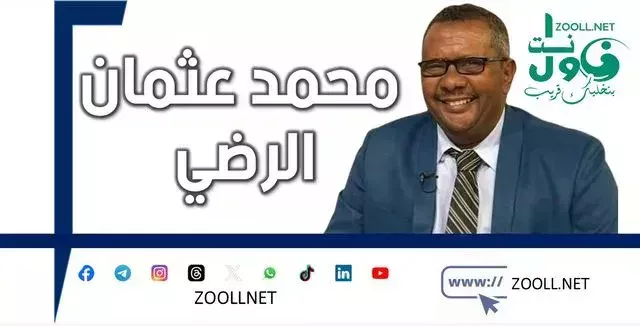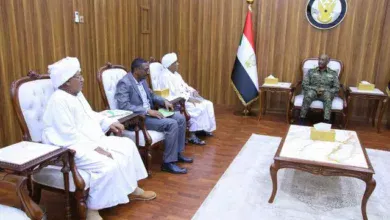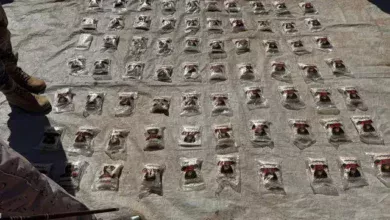Sudan…… The phenomenon of terrorism ✍️ Ahmed Othman Al-Radi See More

The Vice-President of the Transitional Sovereignty Council, Malik Aqar, spoke at the workshop on terrorism on human rights rules and guidelines in the context of counter-terrorism, organized by the National Counter-Terrorism Authority and the Technical Committee for the Implementation of UN Security Council Resolutions (1267_1373) and subsequent resolutions.
This workshop is part of the general orientation of strengthening national capacities in the field of counter-terrorism, carried out by the security services and the competent authorities working in the field of counter-terrorism, as well as the promotion of human rights and the advancement of national efforts in this regard.
The workshop discussed a number of documents
International Human Rights Law
International Law Against Terrorism
Convention against Torture
Standards and guidelines on human rights in the context of counter-terrorism
There is no doubt that the phenomenon of terrorism has become one of the worrying phenomena and crimes that threaten the national security of various countries.
The growth of this phenomenon in its current forms is an alarm signal that worries the competent agencies, which require modern and accompanied plans to combat this heinous crime.
Sudan has not been isolated from this phenomenon, like other countries, and it affects and is affected positively, knowing that Sudan, due to its geographical and strategic location, bears the greatest burden in the fight against terrorism.
Sudan has partnered with many countries at the regional and international levels with the aim of eliminating terrorism and has come a long way in this direction.
Terrorism is a cross-border crime, just like drug, arms and human trafficking. Its impact is enormous and Sudan cannot eliminate it alone.
The media plays a central role in providing insight and clarification on the seriousness of the phenomenon of terrorism and how to deal with it, in addition to the official efforts adopted by state institutions.
Enabling dissuasive laws to combat terrorists and imposing the most severe sanctions on them would limit the extent of the growth of the phenomenon.
Grant financial credits valued by the international community in all institutions, including the United Nations and the UN Security Council, with the aim of supporting poor countries in which this phenomenon is active.
Organize more workshops, seminars and specialized training courses internally and externally with the aim of building capacities and raising awareness of the dangers of the terrorist phenomenon and adopting short and long-term plans on how to deal with this phenomenon.
In light of the wars faced by many countries at the regional and international levels, this creates a strong ground for the activity of terrorist organizations to a large extent, exploiting the security vacuum of countries engaged in these wars.
Adopting a global media campaign under the slogan “No to terrorism” has become an absolute necessity, especially in this sensitive period.
After the Rapid Support Forces militia was classified as a terrorist organization, through the crimes and atrocities it committed against defenseless citizens and which were documented by them, the greatest proof of their condemnation, and the reports of human rights organizations are proof of this.



